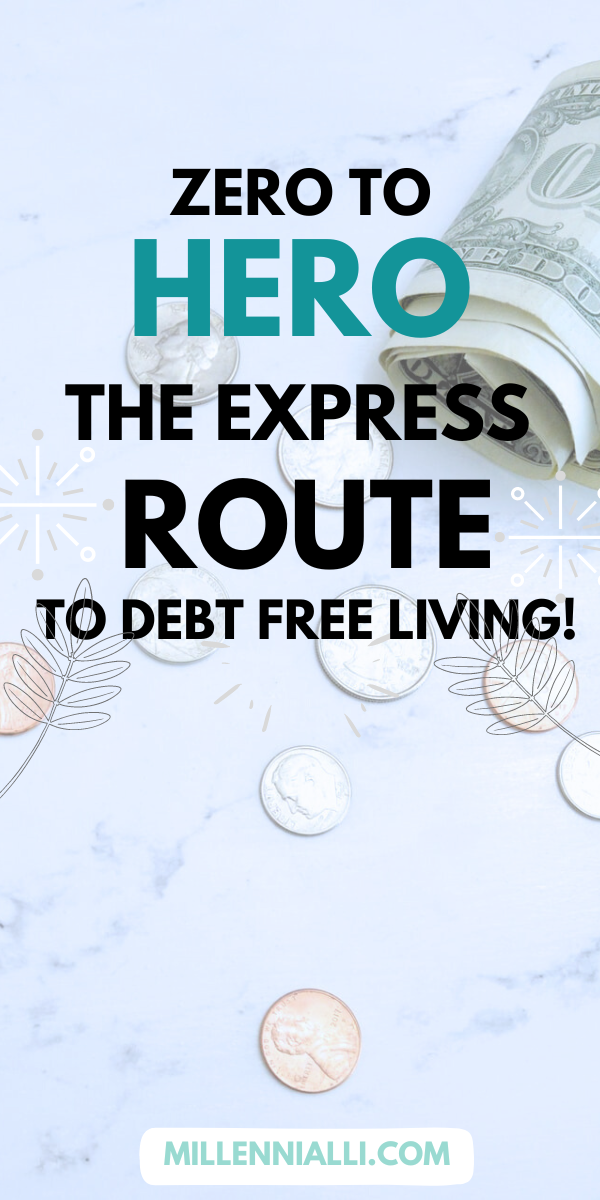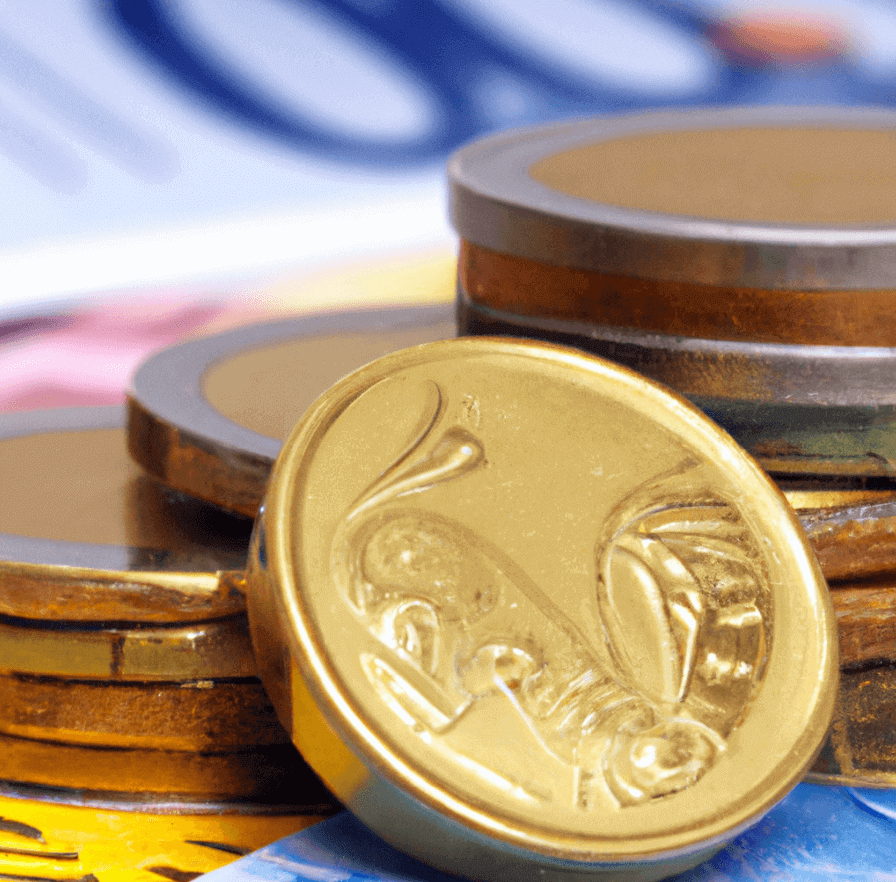Achieving Financial Freedom: A Step-by-Step Guide on How to Become Debt Free
Whether you’re struggling with credit card debt, student loans, or other forms of debt, this article has something for you. By understanding and implementing these how to become debt free strategies discussed here, you’ll be well on your way to achieving financial freedom and creating a better future for yourself. So, let’s get started and explore the methods you can use to become debt-free as quickly as possible.
Getting out of debt is a huge undertaking, but it’s also an exciting time. It’s an opportunity to get your finances in order, and to build a foundation for long-term financial security. Tackling your debt means making changes in your spending habits, but it can also mean rethinking the way you manage your money on a daily basis. In order to get rid of your debts as quickly as possible, you’ll want to be sure that you are taking every advantage of the opportunities that are out there. Here are some tips for doing just that:
Create an Emergency Fund
There’s no easy or quick way to get out of debt. It’s a long and tedious process which will test your patience and determination, but it’s worth it. The first thing you should do is create an emergency fund. You may think that you want to eliminate your debts as soon as possible and in this case the best option would be to use the money you have in your savings account and work on paying off one of your loans, but what if something unexpected happens? What if you lose your job or get injured and can’t work for months? In such cases a savings account won’t help you at all. Instead, create an emergency fund that will allow you to pay for unexpected expenses without having to resort to using credit cards or taking money from your loan payments.
When saving money for rainy days, don’t focus on making huge amounts of money. Instead, think small but save often. Most people in debt tend to spend their money on things they don’t really need, simply because they want to make themselves feel better by earning some sort of reward with the money they spend (new clothes, fancy dinners out etc.). Instead, try saving that same amount of money once a week.
Start Saving Money Immediately
Yes, you should start saving money as soon as possible. However, it’s not practical to wait until all of your debt is paid off before you begin saving. Trying to save money while you’re drowning in debt is a recipe for failure. In order to save money, you have to have money to save. The goal is to get out of debt and then move on to the next step – saving for your future. Although it’s possible to save money with debt, it’s difficult. You’re going to need a plan that allows you to start saving immediately – even if it’s only $5 a month. Once you start seeing progress and getting closer to being debt-free, then you can ramp up your savings efforts even more. It might take longer to pay off your debt if you’re also trying to save for the future; however, you’ll be in a much better position financially once your debt is paid off. Saving money and getting out of debt are two of the biggest challenges people have. When you save money, it’s important to remember that a little bit of savings can go a long way. You don’t need to wait until you have multiple thousands saved.
Make a Budget of What You Are Able to Contribute Towards Debt Payments Before Paying Yourself First
It’s not just about getting out of debt, it’s about staying out of debt. You want to avoid maxing out your credit cards, or paying interest on your debts. If you have a steady income, start by making a budget of what you are able to contribute towards debt payments. Then pay yourself first by putting that amount away in a separate savings account. With each paycheck, put the money in the account before you pay your other bills. If you don’t do this, you won’t have the money when it comes time to pay off your debt and may need to borrow from your credit card or take out a loan. If you’re finding it difficult to make ends meet without going into debt, then consider adjusting your budget and cutting back on some of your expenses.
You might need to cut back on dining out at restaurants or going to the movies every weekend. Try using coupons when shopping instead of buying everything at full price. Consolidate all of your monthly bills onto one convenient credit card with a low-interest rate and then make a payment every month right when it’s due so you don’t end up paying finance charges because of late payments. If you have extra money that could go towards reducing your debts, then put it towards them.
If Using Your Credit Card, Pay it In Full Every Month.
The best way to pay off your credit card debt is to eliminate it as quickly as possible. The longer you have credit card balances, the more interest you’ll have to pay. The fastest way to eliminate the debt is to pay off your credit cards in full each month (if possible). Even if you just make the minimum payment, you’ll still be stuck with a balance.
Or Avoid Credit Cards Completely
If you’re looking to get out of debt as quickly as possible, you need to avoid going into more. You can pay off your credit card balance quicker by avoiding them completely. There is no point in paying off the credit card if you will just put it back on the account again. Make sure that you are aware of how much money you spend and how much money you make on a monthly basis. If there is not enough money to cover all of your expenses, then it is best to come up with a budget for yourself. It is important to understand that there will be emergencies and unexpected bills that will arise. Make sure that you have an emergency fund set aside so that when these things happen, the funds are there for you to use before using a credit card.
Credit cards are useful for building good credit, but they should never be used for purchases that cannot be afforded and do not have the cash on hand for in order to pay them off right away. It is also wise to get a second opinion if your financial advisor or bank representative tries to sell you an investment product with high fees or commissions or push an additional service package like identity theft protection or insurance coverage that may not be suitable for your financial goals.
The key to becoming and remaining debt-free is to focus on your goals and keep moving forward. Set a date for when you want to be debt-free, and budget your money so that you can meet that date. Make additional small payments whenever you can, and be constantly aware of where your money goes. There will be setbacks along the way, but if you keep moving forward, you’re sure to see success!

Bonus Tips:
TIP! Instead of going out for drinks after work with your co-workers, consider purchasing a keg of beer or wine instead. The initial cost will be higher than the cost of drinks at the pub, but you’ll save hundreds each month, which can add up to thousands over the course of a year.
TIP! Find ways to reduce your energy costs from your home. Do you leave electronics on when you’re not using them? If so, this could be costing you a significant amount each month that you can use towards paying off your debts faster.
TIP! Make sure all of your credit cards are being paid off on time every month. It’s very easy in today’s world to get multiple credit cards and begin spending more than you make each month. This is why it is imperative that if you have multiple credit cards, they all must be paid off in full by
Tip! Put money towards your highest interest rate. For example if a credit card has an annual percentage rate of 16% would pay off that card as quickly as possible until it is paid off, then you would shift your focus to whatever your next highest interest rate debt was and work that one down until that was paid off completely then move onto the next-highest interest debt and so on and so forth! But just remember DO NOT GET INTO MORE DEBT WHILE YOU ARE IN THE PROCESS OF PAYING OFF.
Conclusion
Getting out of debt is possible and it doesn’t have to be a long and painful process. By understanding the different strategies and tactics that can help you how to become debt free such as budgeting, cutting expenses, finding extra income, and negotiating with creditors, you can make a plan and start taking action towards achieving financial freedom. Remember, becoming debt-free is a journey and it takes time, patience and self-discipline to stick to your plan, but with the right mindset and the right strategies, you can achieve your goal. Don’t let debt control your life, take control of your finances and start your journey towards becoming debt-free today.

